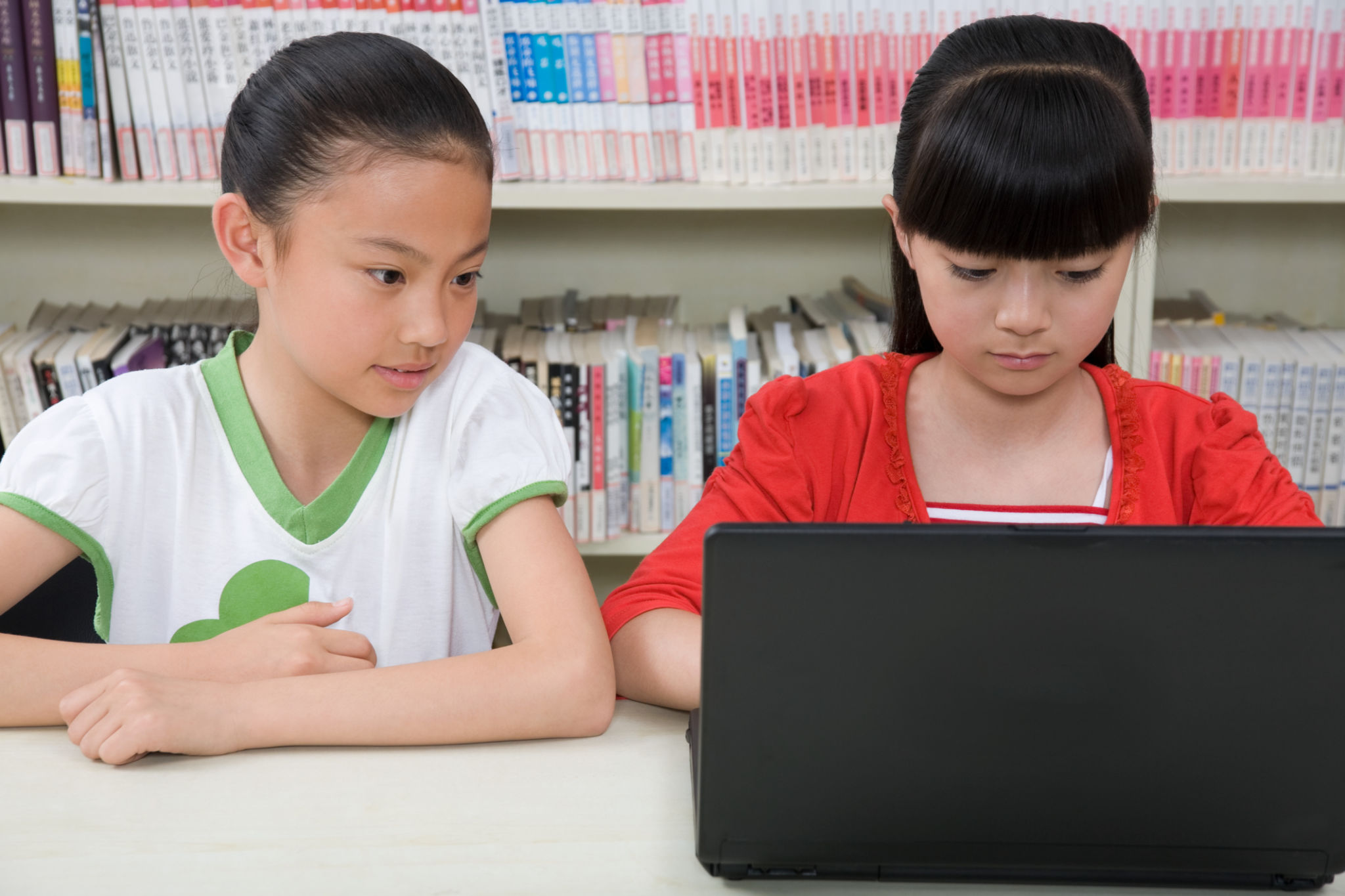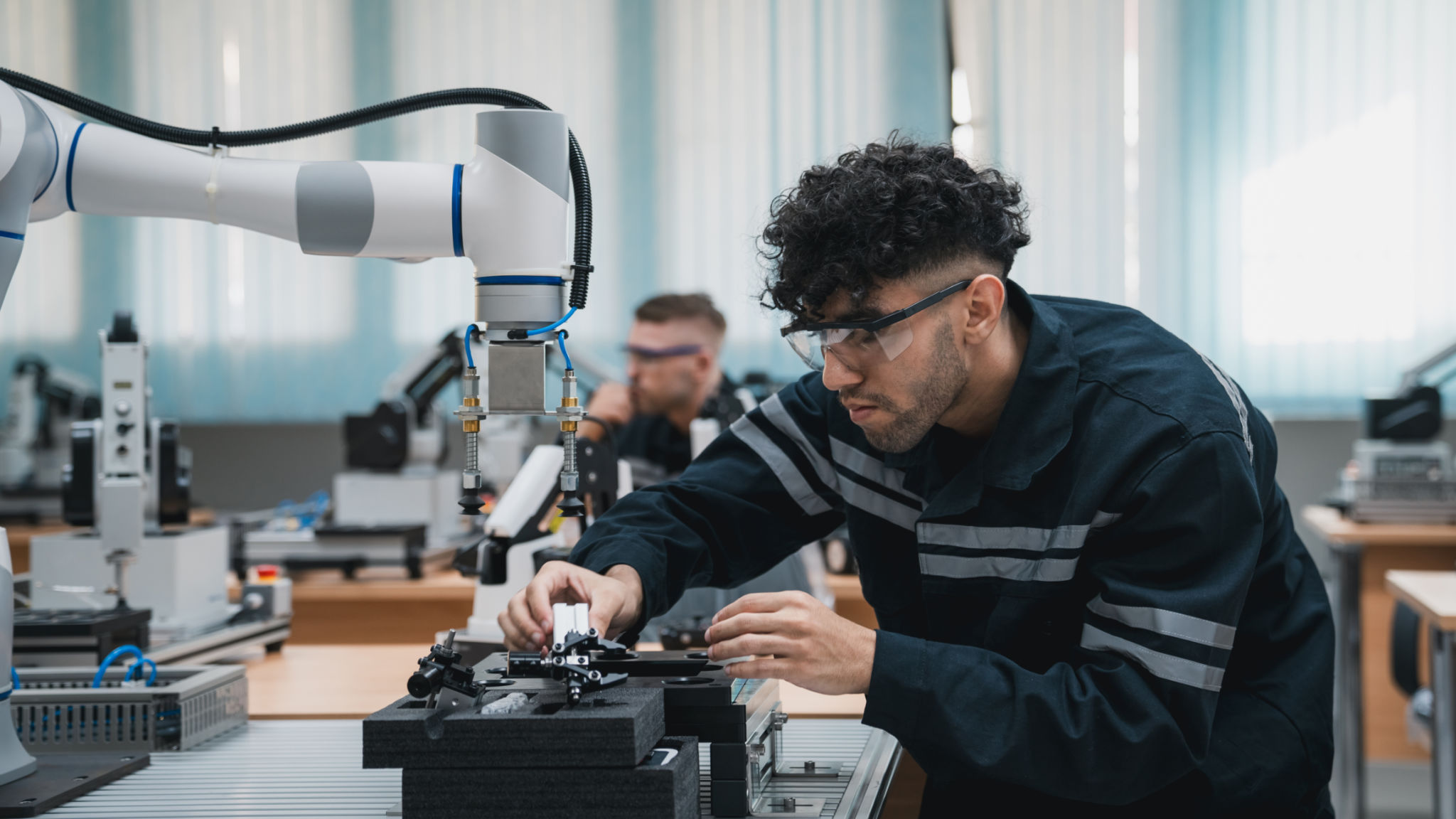Top Educational Trends Shaping the Future of Learning
Introduction to Educational Trends
The landscape of education is constantly evolving, driven by technological advancements and changing societal needs. As we look toward the future, several key trends are emerging that promise to reshape the way we learn and teach. These trends are not only enhancing educational experiences but are also making learning more accessible and personalized. Here are some of the top educational trends shaping the future of learning.

Personalized Learning
Personalized learning has gained significant traction in recent years, focusing on tailoring education to meet individual student needs, strengths, and interests. This approach leverages technology to provide customized learning paths, allowing students to progress at their own pace. By using data analytics and adaptive learning technologies, educators can deliver content that matches each student's learning style and pace.
One of the main benefits of personalized learning is its ability to engage students more effectively, as they can focus on subjects they find most relevant and interesting. This trend is expected to continue growing, with more schools adopting personalized learning platforms to enhance student outcomes.
Blended Learning Models
The integration of online and face-to-face learning, known as blended learning, is becoming a mainstay in educational settings. This model combines the best aspects of traditional classroom instruction with digital resources, providing a flexible and interactive learning environment. By incorporating multimedia content, online discussions, and virtual simulations, blended learning keeps students engaged and actively participating.

Blended learning also allows educators to differentiate instruction more effectively, catering to diverse learning needs. As technology continues to evolve, we can expect more innovative blended learning models to emerge, further enhancing educational experiences for students worldwide.
Gamification in Education
Gamification is transforming education by incorporating elements of game design into the learning process. This approach makes learning more engaging and fun by using mechanics such as points, badges, leaderboards, and challenges. Gamification has been shown to increase motivation, improve retention rates, and foster a competitive spirit among students.
Educational games and platforms are increasingly being used in classrooms to teach complex concepts interactively. As the trend of gamification gains momentum, it is likely to become an integral part of curricula across various subjects.

Focus on Social-Emotional Learning (SEL)
Social-emotional learning (SEL) emphasizes the development of skills such as empathy, self-awareness, and emotional regulation. As the importance of mental health and emotional intelligence becomes more recognized, SEL is receiving increased attention in educational settings. Schools are integrating SEL into their curricula to help students build resilience and navigate social challenges.
The rise of SEL reflects a broader shift towards holistic education, which values emotional well-being alongside academic achievement. This trend is expected to continue growing as educators acknowledge the critical role of social-emotional skills in preparing students for future success.
Emphasis on STEM Education
In response to the ever-growing demand for skills in science, technology, engineering, and mathematics (STEM), educational institutions are placing a stronger emphasis on STEM education. By fostering critical thinking and problem-solving skills, STEM education aims to prepare students for careers in rapidly evolving industries.

Many schools are introducing STEM programs at earlier stages of education to spark interest in these fields from a young age. Additionally, initiatives such as coding camps and robotics clubs are becoming more common, providing students with hands-on experience in STEM disciplines.
Conclusion
The future of education is bright with these emerging trends leading the way. As personalized learning, blended models, gamification, social-emotional learning, and STEM education continue to evolve, they promise to create a more engaging and effective educational landscape. By staying abreast of these trends, educators can ensure that they are equipped to provide students with the skills and knowledge needed for success in the 21st century.
